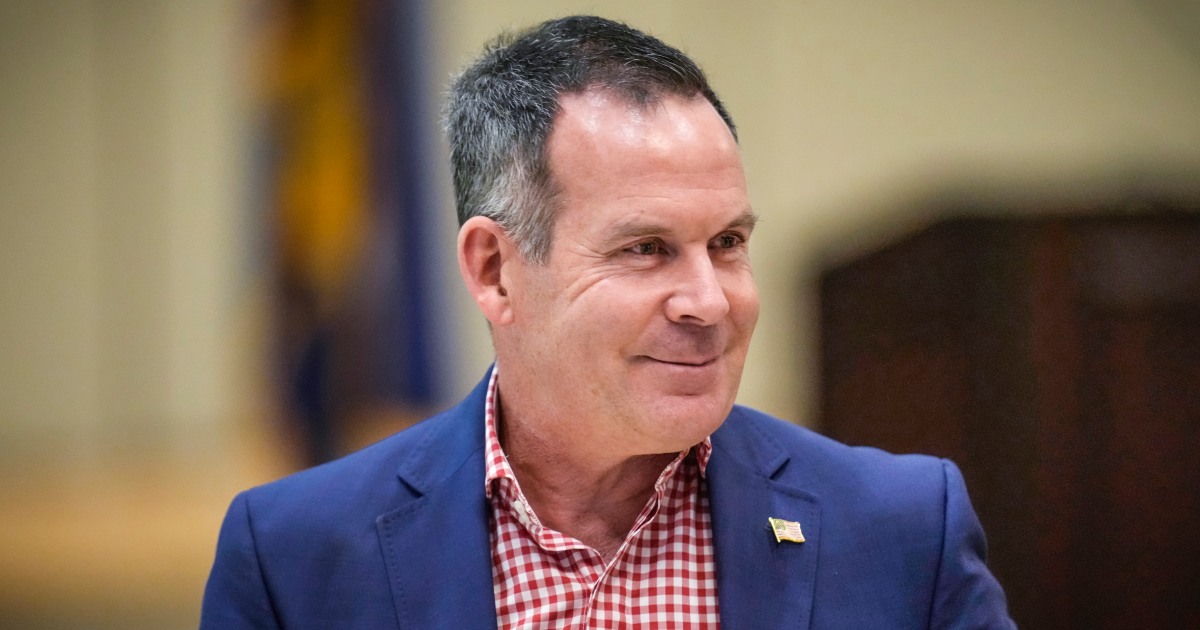#Meteorologists battle storm of disinformation during severe weather outbreaks

Table of Contents
“Meteorologists battle storm of disinformation during severe weather outbreaks”
The active severe weather season means an increase in storm reports that National Weather Service meteorologists are tasked with combing through to determine the severity of a storm, but sometimes the information in the reports are nothing more than fallacies.
Over the last month, there have been at least two cases of inaccurate information being relayed to the public, an act that meteorologists say harms efforts on educating the public and building trust.
In March, the National Weather Service office in New Orleans says they had to combat the spread of misinformation relayed by one of their former employees, who apparently took it upon himself to rate the damage of the destructive tornado that moved through the eastern part of the city.
The man told at least one media organization that the tornado that moved through southeast Louisiana could have been an EF-4, and that information was shared throughout social media.
“It was an unbelievable lack of judgment because someone was just really curious to see tornado damage,” Ben Schott, meteorologist in charge of the NWS office in New Orleans, said.
Schott forwarded information surrounding the incident to the Department of Commerce’s Office of Inspector General and said the case continues to be actively investigated by the National Oceanic and Atmospheric Administration.
Fast-forward a couple of weeks later, and it is the NWS office in Little Rock that is looking at two cases where public information was wrong and possibly nefarious.

On April 11, a person whose IP address pinged to Cleveland, Ohio, submitted storms reports for tornadoes that were happening more than 800 miles away in Arkansas.
John Wetter, president of the Spotter Network, a group devoted to getting storm chaser and spotter information to NWS offices, said after he learned the user-submitted information via his network, his non-profit immediately launched an investigation.
“Falsified reports were submitted through our network to the National Weather Service. They were putting forth reports that unfortunately interfered with that warning process,” Wetter said. “It looks like the user’s been a member spotter network for a few months but had not really had much of a history with us.”
Wetter said the user was blocked by the group and could not use the system during subsequent severe weather events, which, again, have raised questions on whether reports received by the NWS were accurate.
On Friday, meteorologists at the NWS Little Rock office issued several Tornado Warnings and even a Tornado Emergency after they said they received ground spotter information reporting a wedge-like twister was doing damage in the northeast part of the state.
An aftermath survey found there was likely no tornado and the damage caused by the storm was the result of hail and strong winds.

As first reported by FOX Weather, an ‘internal review’ was launched by the NWS office, which appears to be still underway, in determining the cause of the failures and if any actions can be taken during the next severe weather outbreak.
While not involved in the Little Rock review, Schott believes faulty reports are being seen by the public and have the potential of hurting the agency’s mission of saving lives and protecting property.
“It’s unfortunate because what happens is we’re talking more now about someone who did something that was knowingly wrong instead of the actual things that are important, which are preparedness, education, understanding. My fear is that things like this will create a lack of action,” Schott said.
It’s unknown whether any of the recent incidents are being looked into by law enforcement, but federal laws prohibit the publication of “false weather reports” and carry fines and possible prison sentences.
If you liked the article, do not forget to share it with your friends. Follow us on Google News too, click on the star and choose us from your favorites.
For forums sites go to Forum.BuradaBiliyorum.Com
If you want to read more News articles, you can visit our News category.




